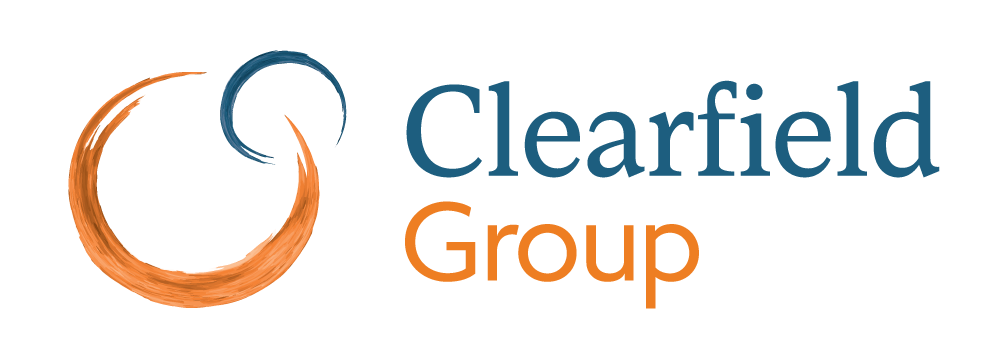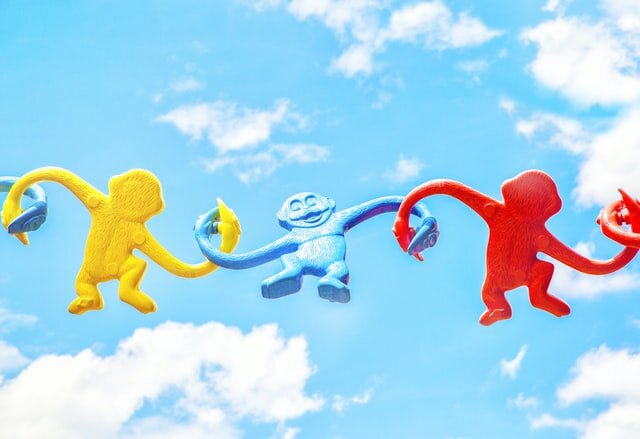It’s funny how the internet can give me shots of anxiety as I casually brush against it in my everyday life.
Sometimes these shots come from sources I’ve actively sought out, like the latest news. But anxiety can pop out from unexpected places, too.
A tweet, email, or message I read in what could be a moment of rest will instead stir up thoughts and fears, often in the form of old programs that run in my brain (what coach Jerry Colonna calls “ghosts in the machine”).
For me, “anxiety as a service” is one of the unintended consequences of the always-on technology of our lives.
This happened a few weeks back. I wrote an article about car troubles, asking whether my alternator failure was caused by parking under high-voltage power lines (my conclusion: I don’t think we’ll ever know).
As an experiment, I posted the question on Quora, and one poster (helpfully?) latched onto the cost I paid to have the alternator replaced: “I still think that you were taken advantage of at seven hundred bucks.”
Amidst the discussion of induced current and transient voltages, that comment triggered a reaction in me. It set off a long-standing part of me that fears being taken advantage of — a program that has probably been in my family for generations. Even now, writing, I feel a tightness in my chest (“What if it’s true? Everyone will take advantage of you! You’ll lose everything you’ve worked for and descend into total collapse [destitution, shame, judgement, failure, etc., etc., etc., etc.!!!]!”).
Phew.
The good news, though, is that in noticing my reaction I can start to work with it. This includes accepting that the fear of being taken advantage of will always be a part of me.
And that’s OK! It’s just trying to do its job of keeping me safe (and, empirically, it has kept my dad and those before me safe).
But I also want to stay in the driver’s seat. And I know that if I push this part of me away it will, paradoxically, get stronger and more insistent.
So, I sit with it. I don’t need it to go away, I just need to work with it skillfully.
Part of how I do that is by working with others. Coaching and facilitating — deeply relational work — both highlight these issues in a way that just sitting and thinking doesn’t.
I also share these stories with my team, my friends, and my readers.
I talk about them with a coach. I journal.
Combined, these practices help me develop the skill of reflective curiosity, which, in turn, helps me notice when one of the parts of me has gotten activated. It’s a beneficial cycle, an internal flywheel.
I’ll never be done with this work. But every moment of reflection helps me be conscious of what I’m reacting to in my life.
That awareness lets me move toward fear, lets me say “I don’t know, but let’s try this out,” and lets me be vulnerable because I know that I’ll be OK.
For example, I did something scary this week. I facilitated a diverse group of lawyers from different organizations who had come together to try and solve a very complex problem. It was, of course, all online and we used a variety of tools to collaborate.
I was open about my fear. “I don’t know if this is going to work. This could be really embarrassing. I’m taking a personal risk here.”
But I knew that it was going to be OK. How?
When you get down to it, I was sitting comfortably in my home office. I was fundamentally OK. My fear wasn’t about what was happening in that moment, it was about what has happened in the past. If I messed up, I wasn’t going to be excommunicated from the group and starve to death in the desert. I was just going to be a little embarrassed.
In my view, moving toward fear is the core skill needed to thrive in our modern world.
That’s because the modern world is one that’s largely devoid of answers. It is so complex, so interactive, that no one — neither experts nor leaders — knows “what to do.”
That doesn’t mean that there aren’t solutions. But solutions come from experimentation. They’re not known, they’re discovered. And that discovery starts by embracing the not knowing, discomfort and all.
Subscribe here to get these articles in your inbox (and to get a free sample from my book, Meltdown).

